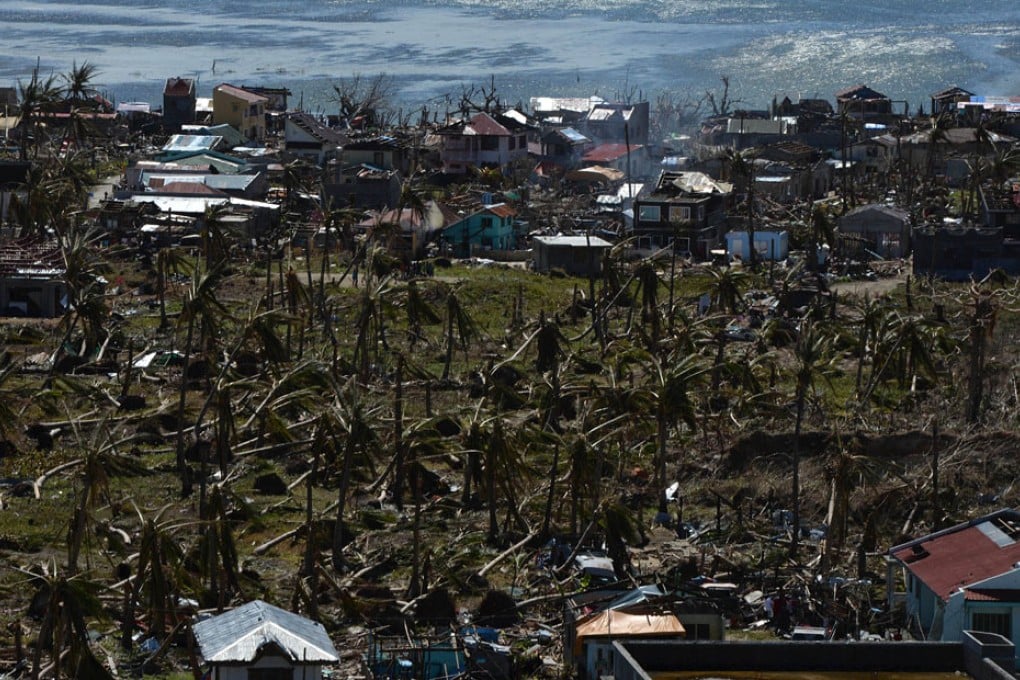How they see it
Lessons of typhoon Haiyan in the Philippines

1. The Guardian
No single typhoon, flood or drought anywhere in the world can be blamed on global warming, but the inexorable rise of the global thermometer is nevertheless an indicator of worse to come. Much of the developing world is within and around the tropics, where cyclones are a seasonal hazard. People [here] are more likely to live in substandard housing, some of it shamelessly jerrybuilt by greedy landlords and authorised by corrupt authorities. Sooner or later, some unparalleled disaster will slam with little or no warning into some crowded city managed by a heedless authority in a country run by a corrupt or brutal oligarchy. There may be worse to come, and not just because of climate change. (London)
2. The Global Times
Super Typhoon Haiyan battered the central Philippines … [and] rescue efforts from around the world are pouring in. The Philippine Department of Foreign Affairs declared that at least 22 countries have pledged to provide aid. China shouldn't be absent in the international relief efforts. We call for extending disaster-relief assistance to Philippine victims, but it doesn't affect our stand on the South China Sea issue. The Philippine government has [also] persistently refused to apologise for its poor response to the Hong Kong tourist hostage crisis in 2010. Current island disputes are only a brief moment of history. [They deserve] our serious attention, but shouldn't stop us doing what is necessary. (Beijing)